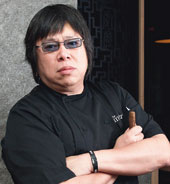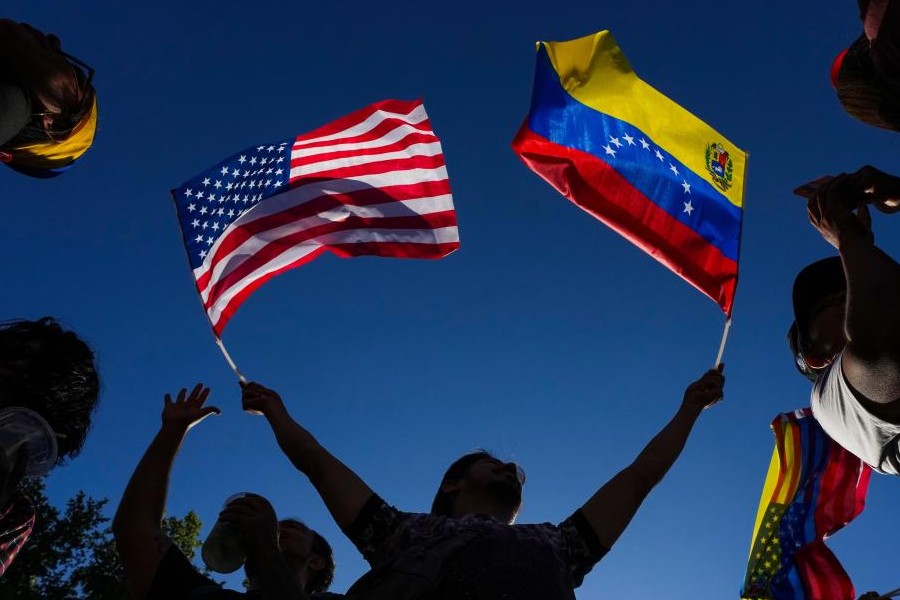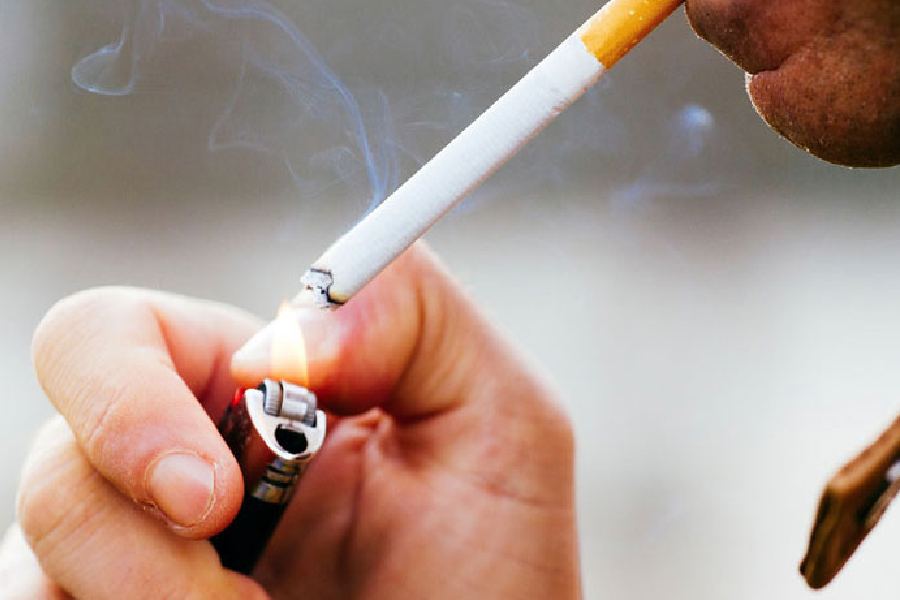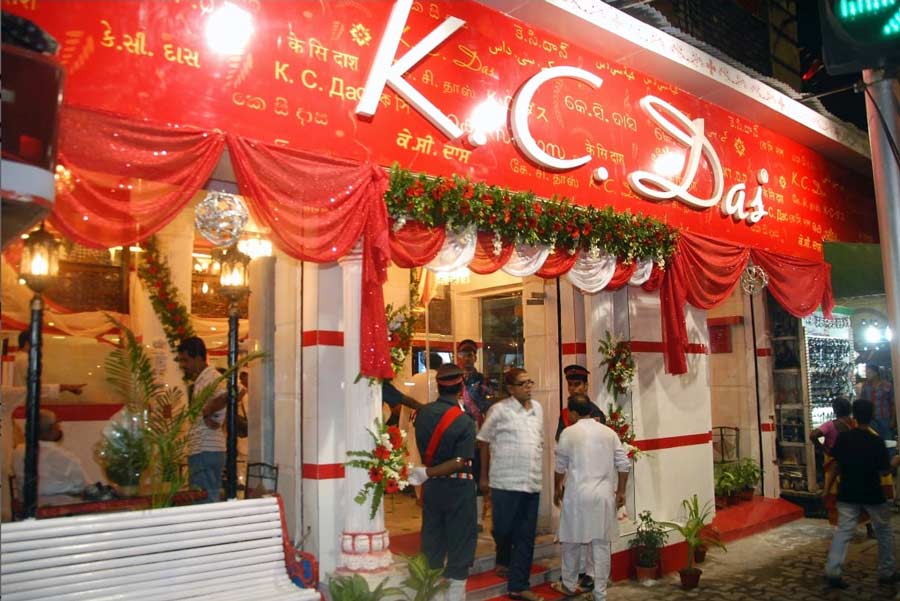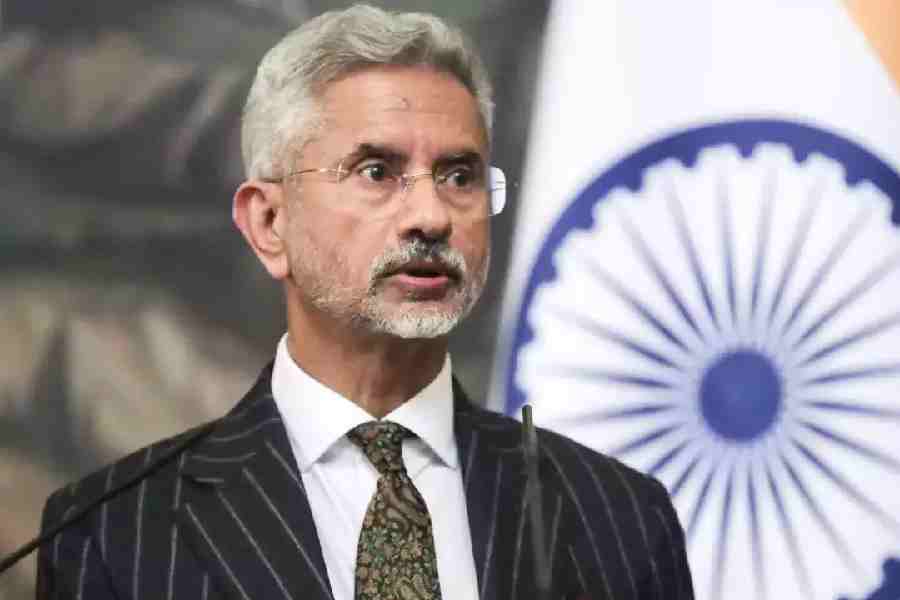
Alvin Leung is a self-taught chef who has gone on to win a Michelin star. His Hong Kong restaurant Bo Innovation has three, in fact. The self-proclaimed “Demon Chef”, who wears black for his chef’s white, is one of the three judges on MasterChef Canada ( airs Friday to Sunday at 8pm, on TLC) which has 50 professional and home cooks from various parts of Canada fighting for the title of Canada’s first-ever MasterChef and a bounty of $100,000.
Waiter to engineer to owner-chef — what kind of a career trajectory is that?
It’s an unorthodox journey. I just followed my passion. I had a career as an engineer before I became a chef. I still apply a lot of things I learnt in engineering to cooking. Obviously not everyone has done it and I will not recommend every engineer to become a chef. But if you have the passion and you can afford it, go for it. In MasterChef Canada, we have engineers, lawyers, housewives.... If they have the talent and motivation, who knows, some of them will become chefs later on.
How is your approach different from a trained chef’s?
Chefs go from apprentice level upwards or go to culinary school. Engineering involves a lot of methodology which helps me in cooking. Cooking is a science. Heat is applied to proteins, fibres, vegetables and something else emerges from it, which can be explained scientifically. A chef is not a person who can cook. Anybody can cook. He is one who can cook faster, has a better taste memory... a combination of a lot of things.
Did your background in science draw you to molecular gastronomy?
Molecular gastronomy is a concept open to all types of interpretation. A lot of people do not understand it and abuse it. It is a technique developed in the food industry but can be applied to a much wider field of fine dining. For me, it is a form of innovation.
In India, we have so far seen MasterChef Australia, India, Asia and US. Have you followed the format in other countries?
I have followed MasterChef Australia and I have appeared on MasterChef Korea. I was also offered to guest in MasterChef India but I know the challenges of vegetarian cuisine. There is no difference in terms of the applicants but the format is slightly different. In MasterChef Canada, no training is given to the home cooks unlike in MasterChef Australia which also has a much longer season. Here they are expected to grow on their own. That creates some unusual interpretations.

In terms of the roles of judges and participants, where would you place your show compared to the other MasterChef editions?
Eventually the dream of a home cook is success in the contest and a career change. We don’t always have a hostile situation like in US though not as friendly as in Australia. Everyone does not fight each other. You don’t win a contest by being the best of the worst but being the best of the best.
Do you live up to your Demon Chef tattoo in the MasterChef kitchen?
People say I am fierce. We are coaching the contestants not by teaching them but by telling them the strategy. In our format, we tell them a strategy and hope they learn from it. When they don’t follow it, I may get upset. It’s more my competitive and passionate nature than malice.
So you wouldn’t agree with critics of Hell’s Kitchen who say Gordon Ramsay goes over the top?
We all have our personalities (laughs). Hell’s Kitchen is a successful show and you can’t deny that.
Why the name Demon Chef?
It’s a name I gave myself. In Indian culture, a lot of demons are worshipped. They are a cross between god and something not necessarily evil. I am not quite the righteous but not evil. I am in between which is a lot of fun.
Talk a bit about your signature style ‘Xtreme Chinese’...
‘Xtreme Chinese’ takes you to the edge. I am bringing that X factor into food.
How was your India experience?
I was in Mumbai for a week (last November). I cooked my Xtreme Chinese. People enjoyed it. I got a chance to experience Indian food first hand. All the Indian food I have had in Toronto, London or Hong Kong are different interpretations just like Indian Chinese, the Haka, is an interpretation of Chinese cuisine. I had Chinese food in India. The Haka style is a hybrid of Chinese and some spices which they enjoy in India. It’s tasty and enjoyable.
Do you cook at home?
No. At home, I am not allowed to cook as I make a big mess! My wife and daughter both love to cook. So I eat what they serve.

